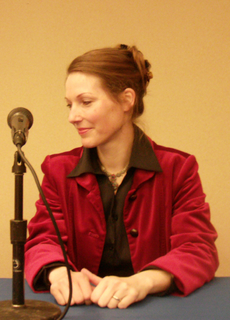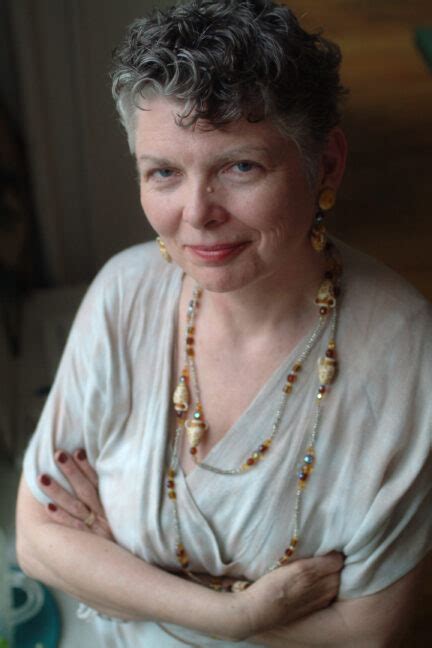A Quote by Dag Hammarskjold
Perhaps a great love is never returned.
Related Quotes
When I talk about unrequited love, most of you probably think about romantic love, but there are many other kinds of love that are not adequately returned, if they are returned at all. An angry adolescent may not love her mother back as her mother loves her; an abusive father doesn't return the innocent open love of his young child. But grief is the ultimate unrequieted love. However hard and however long we love someone who has died, they can never love us back. At least that is how it feels.
I have, indeed, lived most of my life overseas, but I've returned repeatedly to work in film, special television productions, and the New York theater. There have also been tributes and similar occasions that have called me back to Hollywood. I've returned so often, I almost feel that I've never left.
I began to write poetry again in 1975, when I fell in love with another woman. I returned to poetry not because I had “become a lesbian”—but because I had returned to my own body after years of alienation. The sensual details of life are the raw materials of a poet—and with that falling-in-love I was able to return to living fully in my own fleshly self.
The world that was not mine yesterday now lies spread out at my feet, a splendor. I seem, in the middle of the night, to have returned to the world of apples, the orchards of Heaven. Perhaps I should take my problems to a shrink, or perhaps I should enjoy the apples that I have, streaked with color like the evening sky.
And why are you so firmly, so triumphantly, convinced that only the normal and the positive--in other words, only what is conducive to welfare--is for the advantage of man? Is not reason in error as regards advantage? Does not man, perhaps, love something besides well-being? Perhaps he is just as fond of suffering? Perhaps suffering is just as great a benefit to him as well-being? Man is sometimes extraordinarily, passionately, in love with suffering, and that is a fact.







































